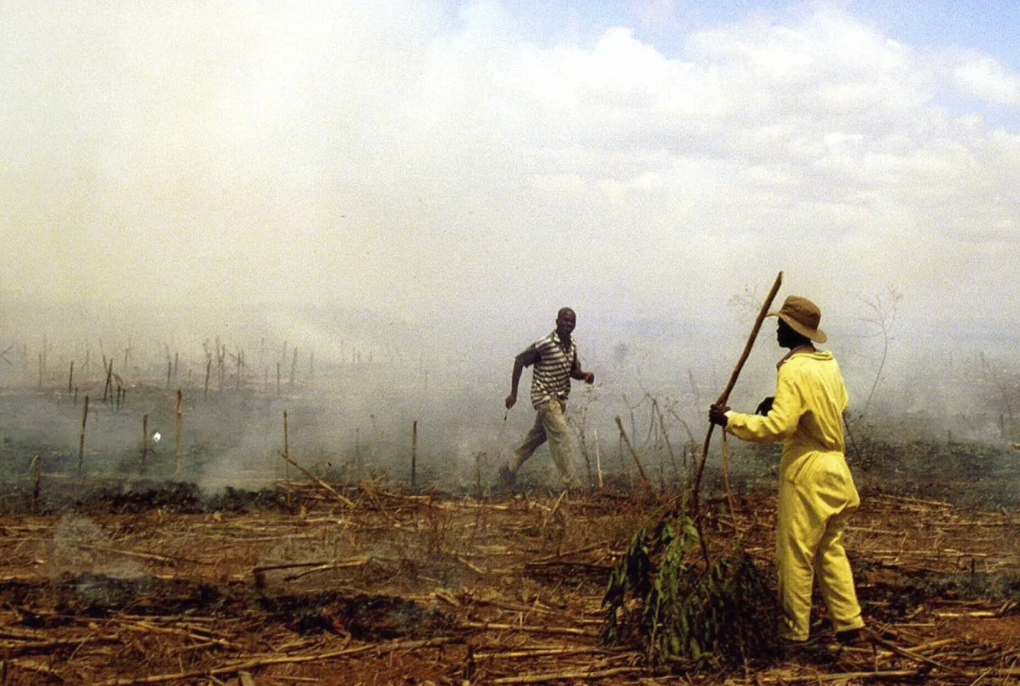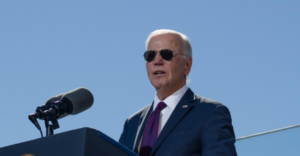Zimbabwe has begun compensating white farmers whose land and property were seized over 20 years ago during a controversial and often violent land redistribution program. Finance Minister Mthuli Ncube announced that the government has approved the first payment of $3.1 million as part of an agreement made in 2020 between President Emmerson Mnangagwa and the farmers. This payment represents 1% of the total compensation claim, which amounts to $311 million. A total of 740 farms have been approved for compensation, with 378 farmers receiving payments in this first batch.
The land reform program, initiated by then-President Robert Mugabe in 2000, resulted in the loss of land and property for approximately 4,000 white farmers. Mugabe’s justification for the seizures was to address the land inequalities that arose during the colonial era. Under the program, around 300,000 Black families were resettled on the acquired land, according to government data.
The compensation payments are not for the land itself, but for infrastructure such as buildings, irrigation systems, and wells. Under the deal, farmers are to receive 1% of their total claim in cash, with the remaining balance paid through treasury bonds. The first batch of treasury bonds was issued last week.
In February, the government also paid out $20 million in compensation to foreign farmers from countries such as Denmark, Germany, Switzerland, and several Eastern European nations. These payments were part of Zimbabwe’s broader efforts to resolve its debt and re-engage with the international community after years of sanctions.
Zimbabwe’s relations with Western countries, particularly the United States and the European Union, have been strained due to human rights concerns related to the violent land seizures. While sanctions were imposed on Zimbabwe, some have been eased in recent years. Despite this, Mnangagwa and certain officials remain under sanctions.
Mnangagwa has shown an interest in mending ties with the West, including supporting some of President Donald Trump’s policies, such as backing his decision to deport undocumented migrants and offering support for Trump’s tariffs. In a gesture of goodwill, Mnangagwa recently announced that Zimbabwe would reduce tariffs on U.S. imports to zero as part of efforts to build a mutually beneficial relationship with the U.S.













